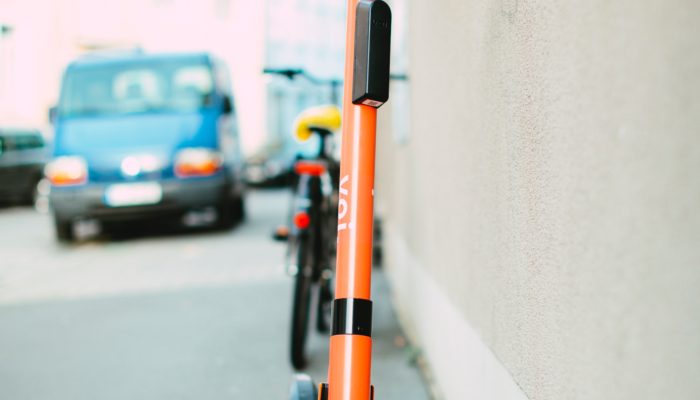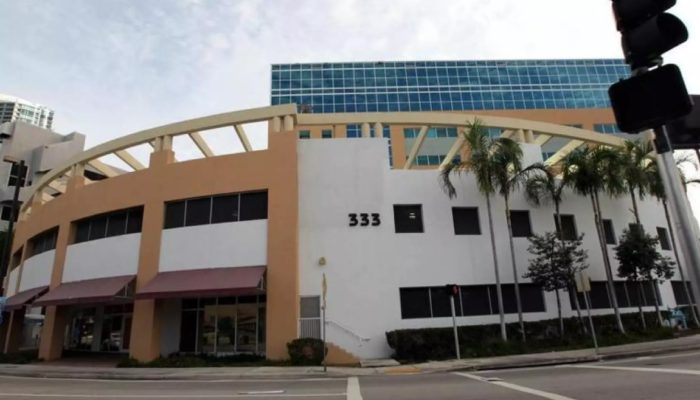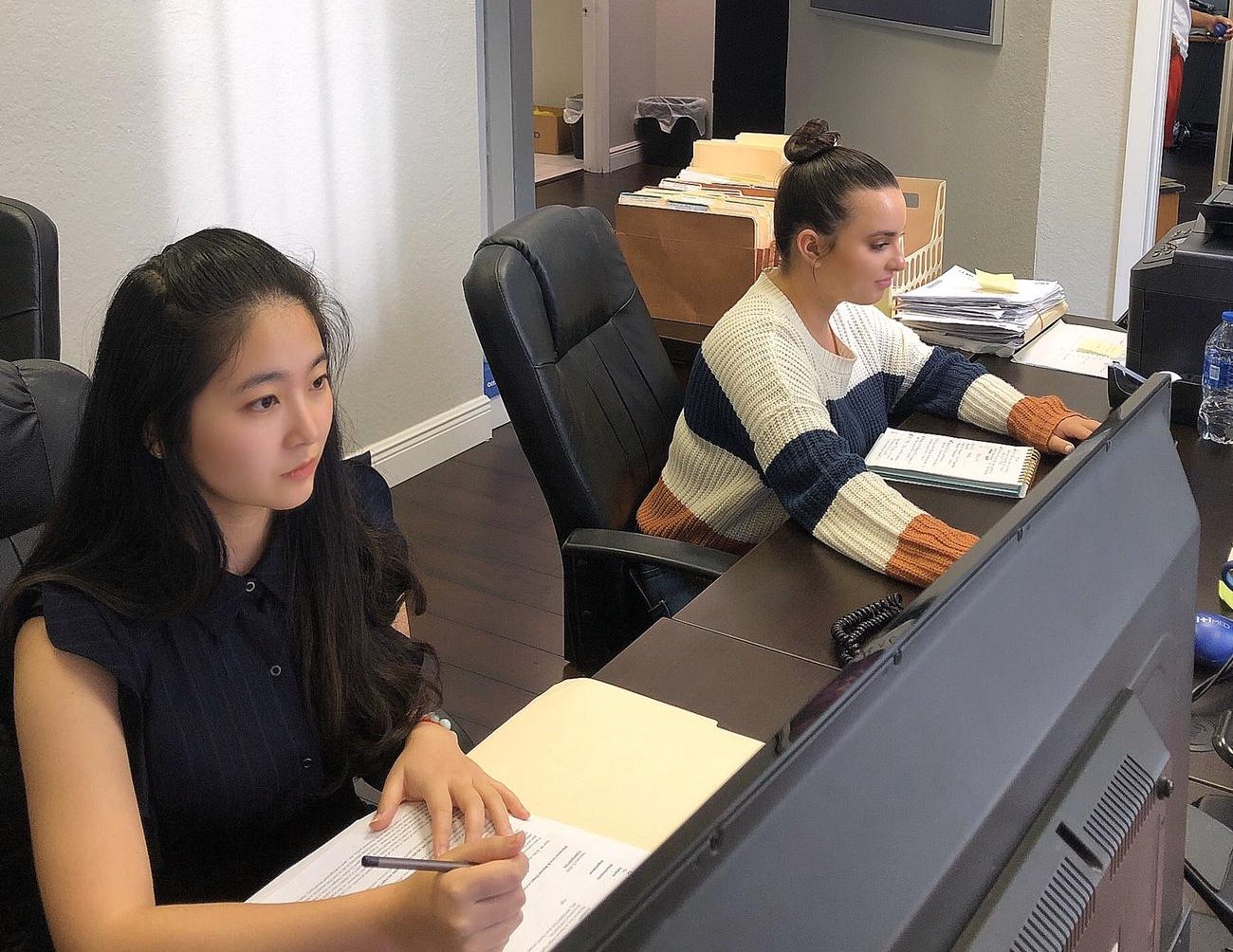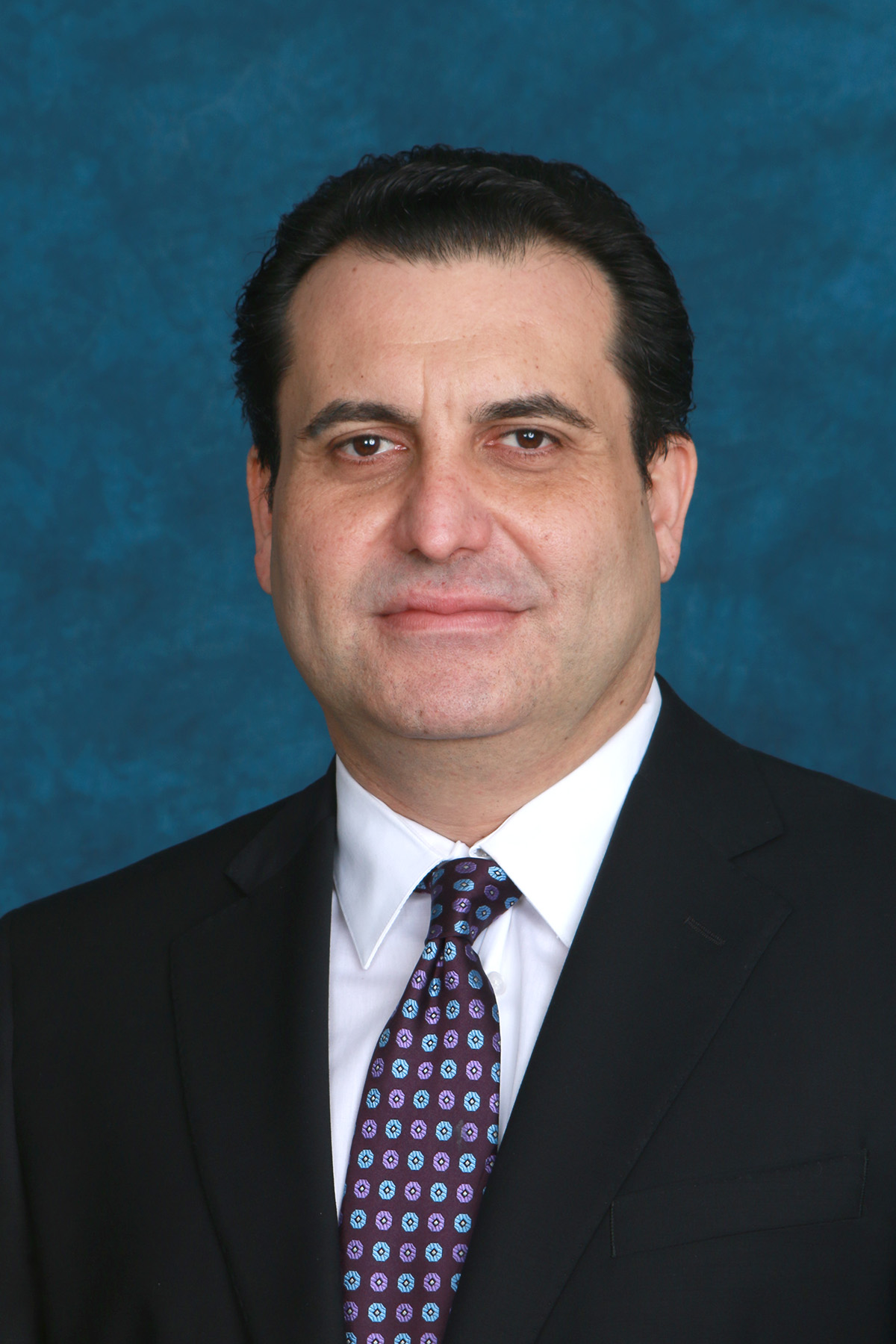PROBATE is, in brief, a legal process or procedure that takes place in state court after a person’s death. In general, the purpose in most cases includes validating and authenticating the Last Will & Testament (written Will), if any, making sure debts are paid and distributing the remaining assets to the deceased person’s heirs (following state law) or beneficiaries (following the instructions in a written Will). If a person dies without a will, the probate court will rely on the state’s intestate law to ascertain how to distribute the deceased’s assets. In essence, it is the legal transfer of title or ownership of assets of a decedent to surviving heirs (next of kin) or beneficiaries named in the Will.
The primary participants or parties in a probate include the following:
- The executor or personal representative. This person or entity administers the estate. They are involved or in charge of the distribution of assets according to the Will’s instructions (or passing assets to heirs if there is no Will) while paying any valid creditors. Executors or Personal Representatives may receive “letters testamentary or in Florida-Letters of Administration,” which are documents giving them the authority to deal with financial institutions and other agencies on behalf of the estate. You should alert the person you will designate in such capacity, so they are aware, and you ensure they are willing to act accordingly.
- The beneficiaries or heirs. These are the persons or entities who will inherit the assets. Relatives who are not named in the Will (if there is one) but have some potential claim to the assets may make an appearance as well. Generally speaking, heirs who inherit the property are children, descendants or other close relatives of the decedent. On the other hand, beneficiaries are those designated by a Will or other written documents, as the intended recipients of a decedent’s assets.
- The creditors. They may be notified of the probate proceedings and are able to collect debts owed to them by the decedent’s estate.
- The judge. This individual or official presides over the probate court and supervises the administration of the decedent’s estate.
Additional parties who may be involved during probate proceedings include an attorney for the executor or personal representative and representatives or guardians of any young children who stand to inherit assets, among others.
Under Florida law, there are three principal types of probate, i.e., Formal Administration, Summary Administration and Disposition Without Administration.
Formal Administration – Formal administration is also simply referred to as “formal probate.” As the name suggests, this type of proceeding is the standard form of probate and, by far, the most common. Formal probate administration takes place in the local Circuit Court of the County in which the decedent resided at the time of their death. The process starts once an individual dies and the personal representative of the Will (or other interested party) asks to be appointed as personal representative of the decedent’s estate. The beneficiaries named in the estate are then provided notice and given a chance to raise any formal objections.
Summary Administration – This form of probate is available when the total value of property or assets going through probate court is valued at $75,000 or less. Summary Administration may also be used when it involves a death that occurred over two years prior to the filing of the probate in court. The process of this type of administration is initiated by filing a Petition for Summary Administration that must be signed by a surviving spouse and/or beneficiaries. In short, this is a somewhat expedited and abbreviated version of probate.
Disposition Without Administration – As the words “without administration” may indicate, this process actually involves eliminating the probate hearing entirely due to a specific set of circumstances. It is important to note, this is only available when the deceased individual did not leave any real property, and the request is for release of assets of the deceased to the person who paid funeral and/or final medical expenses. If the transfer is being requested to a person who has not paid such final expenses, consents allowing such a transfer must be completed to enable the subject transfer. Further, the only assets available for probate are valued at less than the amount of final expenses. In sum, disposition without administration occurs when a probate hearing is not feasible from a monetary perspective. Because there is no formal court hearing for administration in order to recover assets, a form or pleading called the “Disposition of Personal Property Without Administration” is filed with the court.
Formal and Summary Administrations account for the greater number of probate cases filed in Florida. In these cases, legal representation or retaining the services of a Florida attorney is required by law.
Another form of probate is called Ancillary Administration, which is used to handle estates, primarily for local real estate assets, for non-resident decedents.
Prior to facing court supervised probate, a properly executed estate plan is in everyone’s best interest. Consequently, in preparing a legally enforceable Last Will and Testament, Florida residents can avoid undesirable outcomes and ensure that their last wishes are properly implemented.










